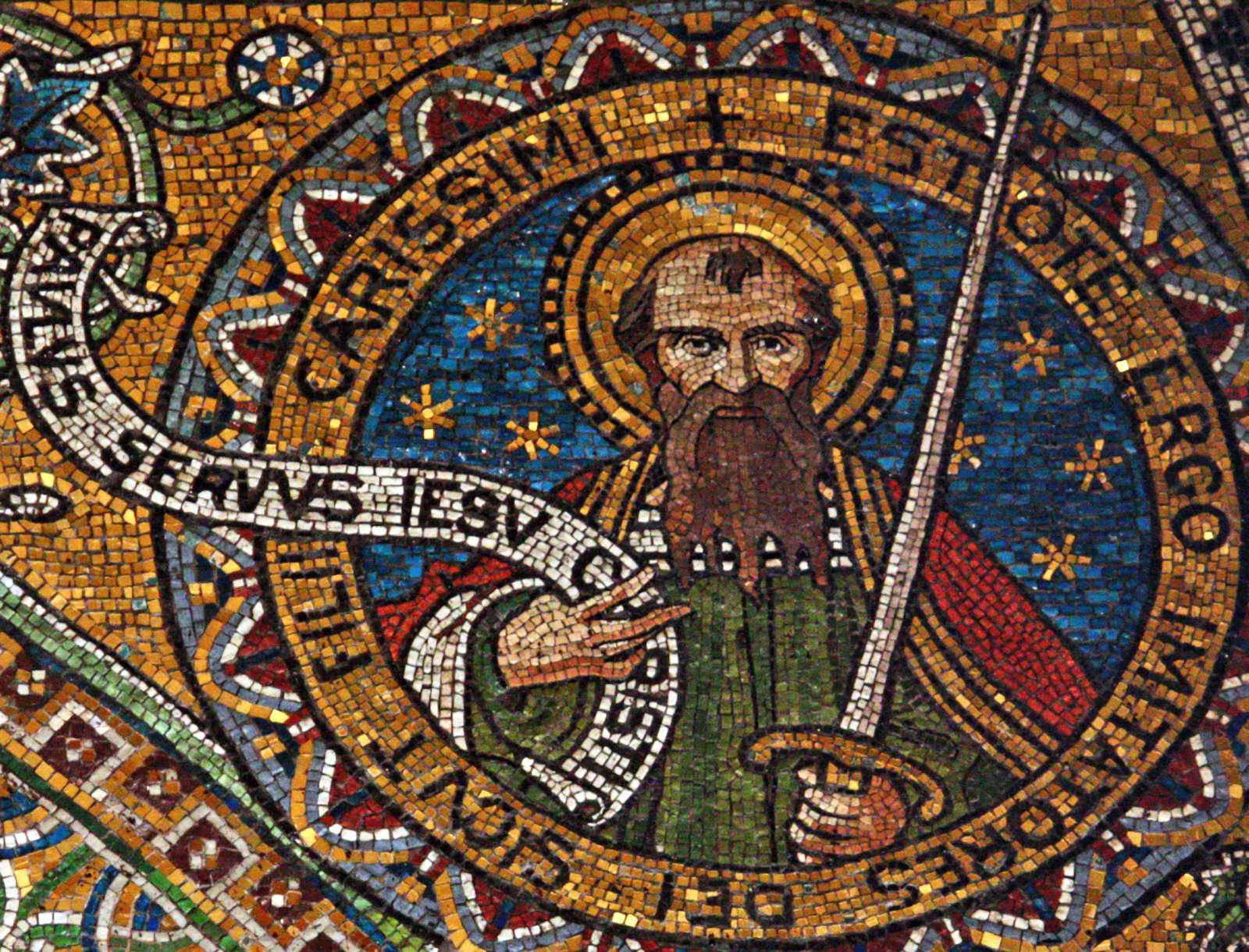Pope Leo XIV – Inaugural Mass Homily
Elected on May 8, 2025, as the 267th successor of St. Peter, Pope Leo XIV’...

Paul’s Love for His Flock
from a homily of St. John Chrysostom on 2nd Corinthians
This excerpt from a homily by St. John Chrysostom, patriarch of Constantinople, on Paul’s 2nd Letter to the Corinthians, is used in the Roman Office of Readings for Saturday of the 16th week in ordinary time. Saint John Chrysostom, renowned for his preaching, was one of the greatest of the Early Church Fathers. He is revered by Catholics, Eastern Orthodox, and Protestants alike.
Our heart is enlarged. For as heat makes things expand, so it is the work of love to expand the heart, for its power is to heat and make fervent. It is this that opened Paul’s lips and enlarged his heart. For I do not love only in words; he means, but my loving heart too is in unison with my words; and so I speak with confidence, without restraint or reserve. There was nothing more capacious than the heart of Paul, for he loved all the faithful with as intimate a love as any lover could have for a loved one, his love not being divided and lessened but remaining whole and entire for each of them. And what marvel is it that his love for the faithful was such, since his heart embraced the unbelievers, too, throughout the whole world?
So he did not just say, “I love you”, but with greater emphasis: Our mouth is open, our heart is enlarged; we hold you all in it, and not only that, but with room for you to move freely. For those who are loved enter fearlessly into the heart of their lover. And therefore he says: You are not constrained because of us, but you are constrained in your own affections. See how this reproach is tempered with much forbearance, as is the way with those who love much. For he did not say: You do not love me, but you do not love me in the same measure; for he did not want to charge them more harshly.
Indeed one may see with what a wonderful love for the faithful he is always inflamed, as one finds proof of it in all his writings. To the Romans he says: I desire to see you, and I have often planned to come to you, and if by any means at last I may succeed in reaching you. To the Galatians he says: My little children, with whom I am again in labour; to the Ephesians: For this reason I bend my knees on your behalf; and to the Thessalonians: What is my hope and my crown of glory? Is it not yourselves? For he used to say that he carried them about in his heart and in his chains.
Again he writes to the Colossians: I want you to know how greatly I strive for you and for all who have not seen my face; and to the Thessalonians : Like a nurse taking care of her children, being desirous of you, we were ready to share with you not only the Gospel but also our own selves. So too he says: You are not restricted by us. And so Paul does not merely say that he loves them but also that they love him, so that in this way he may draw them to him. Indeed, to the Corinthians he bears witness of this love when he says: Titus came, telling us of your longing, your mourning, your zeal for me.
No Comments